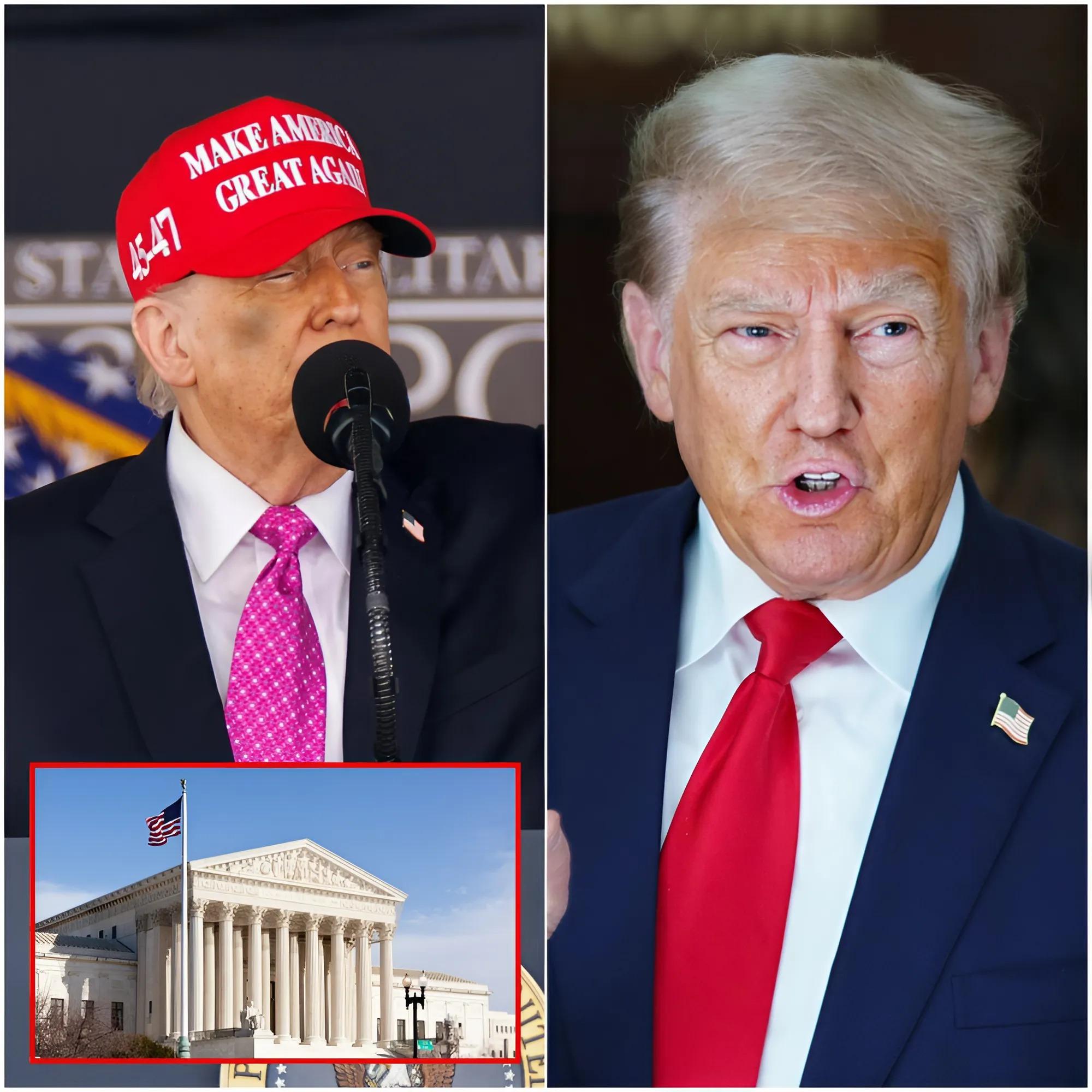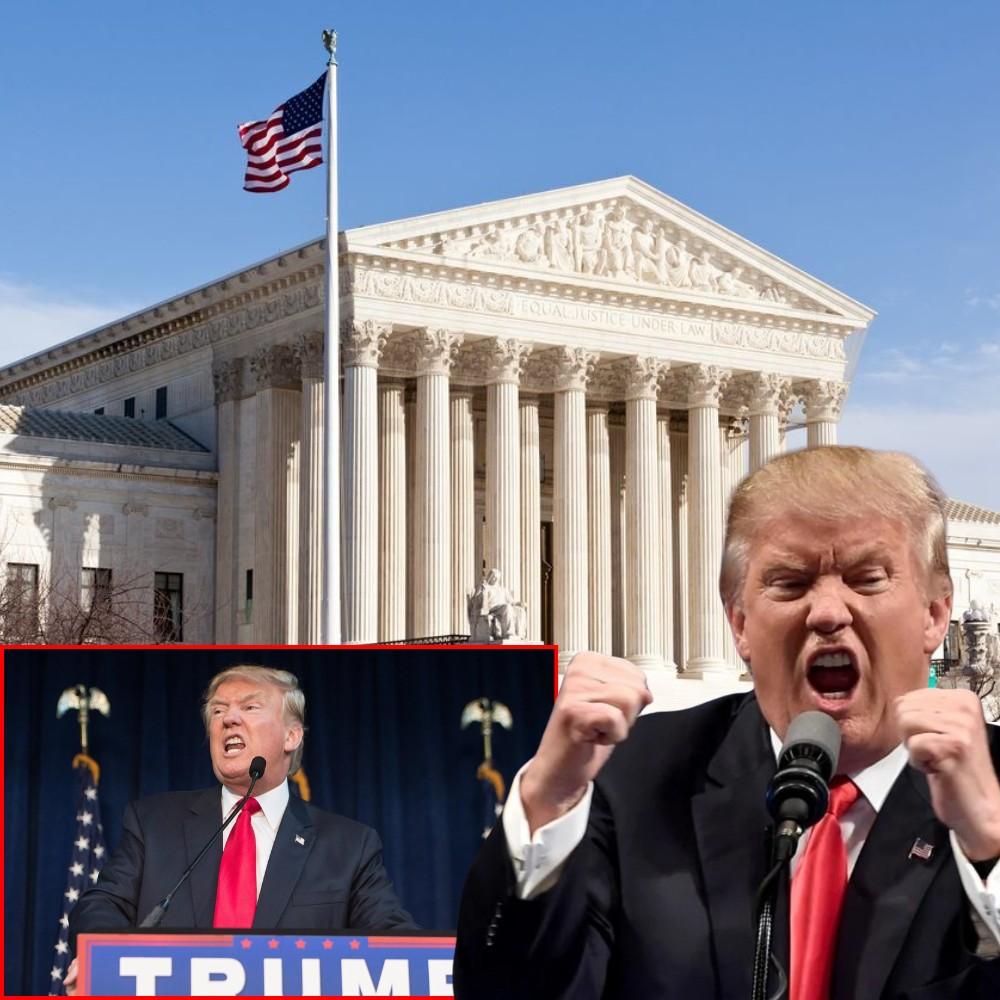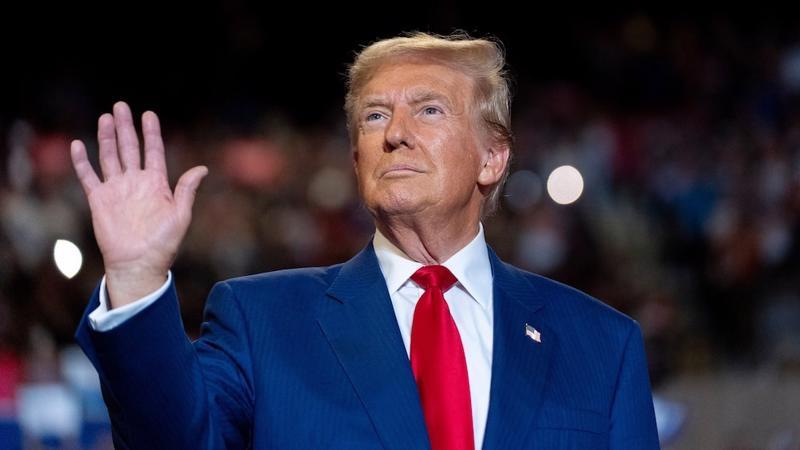In a landmark decision that is set to reshape the dynamics of U.S. trade policy, a federal court has ruled that former President Donald Trump exceeded his legal authority by unilaterally imposing tariffs on a range of imported goods. This ruling significantly undermines one of the primary tools used by the Trump administration to wage its controversial global trade war, which has had widespread economic and political repercussions.

The court’s judgment focuses on the limits of executive power concerning trade measures and the necessity for Congressional approval when imposing tariffs that affect international commerce on a large scale. According to the ruling, the president’s authority under existing trade laws does not extend to unilateral tariff impositions without legislative consent, marking a significant check on the executive branch’s discretion in trade matters.
During his tenure, President Trump aggressively deployed tariffs as a strategic weapon aimed at protecting American industries, addressing trade imbalances, and pressuring countries such as China, the European Union, and others to renegotiate trade deals. These tariffs sparked retaliation from trading partners and led to global economic uncertainty, affecting sectors ranging from agriculture to manufacturing.

The federal court’s decision centers on statutory interpretation of the Trade Expansion Act and related legislation. The court found that while the president has certain delegated powers to respond to national security threats or unfair trade practices, the broad and sweeping tariffs implemented lacked the required Congressional authorization. This legal finding challenges the precedent for future trade actions executed without legislative oversight.
Legal experts suggest that this ruling could curtail the executive branch’s ability to unilaterally impose tariffs in the future, requiring a more collaborative approach with Congress for significant trade policy changes. The decision emphasizes the balance of powers embedded in the U.S. Constitution, reaffirming the role of the legislative branch in regulating commerce.

Reactions from political figures and industry stakeholders have been swift. Supporters of the ruling praise it as a necessary safeguard against executive overreach, asserting that trade policy must be subject to democratic processes and accountability. Conversely, critics argue that restricting presidential flexibility could hamper the government’s ability to respond swiftly to evolving international trade challenges.
The decision also raises questions about the fate of the tariffs currently in place and their potential rollback. Businesses affected by the tariffs, both domestically and abroad, await guidance on how this ruling will influence trade relations and economic strategies moving forward.
In conclusion, the federal court’s determination marks a pivotal moment in the ongoing debate over trade policy and executive authority in the United States. By limiting the president’s unilateral power to impose tariffs, the ruling calls for a renewed dialogue between the executive and legislative branches to navigate the complexities of global trade in a balanced and lawful manner.






